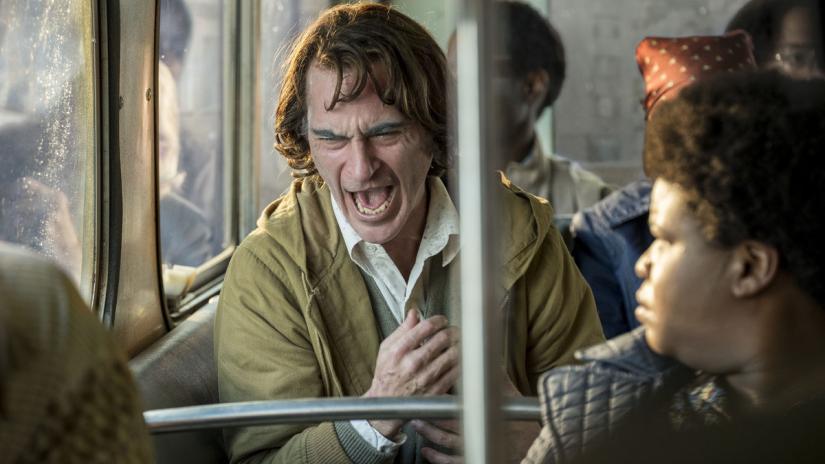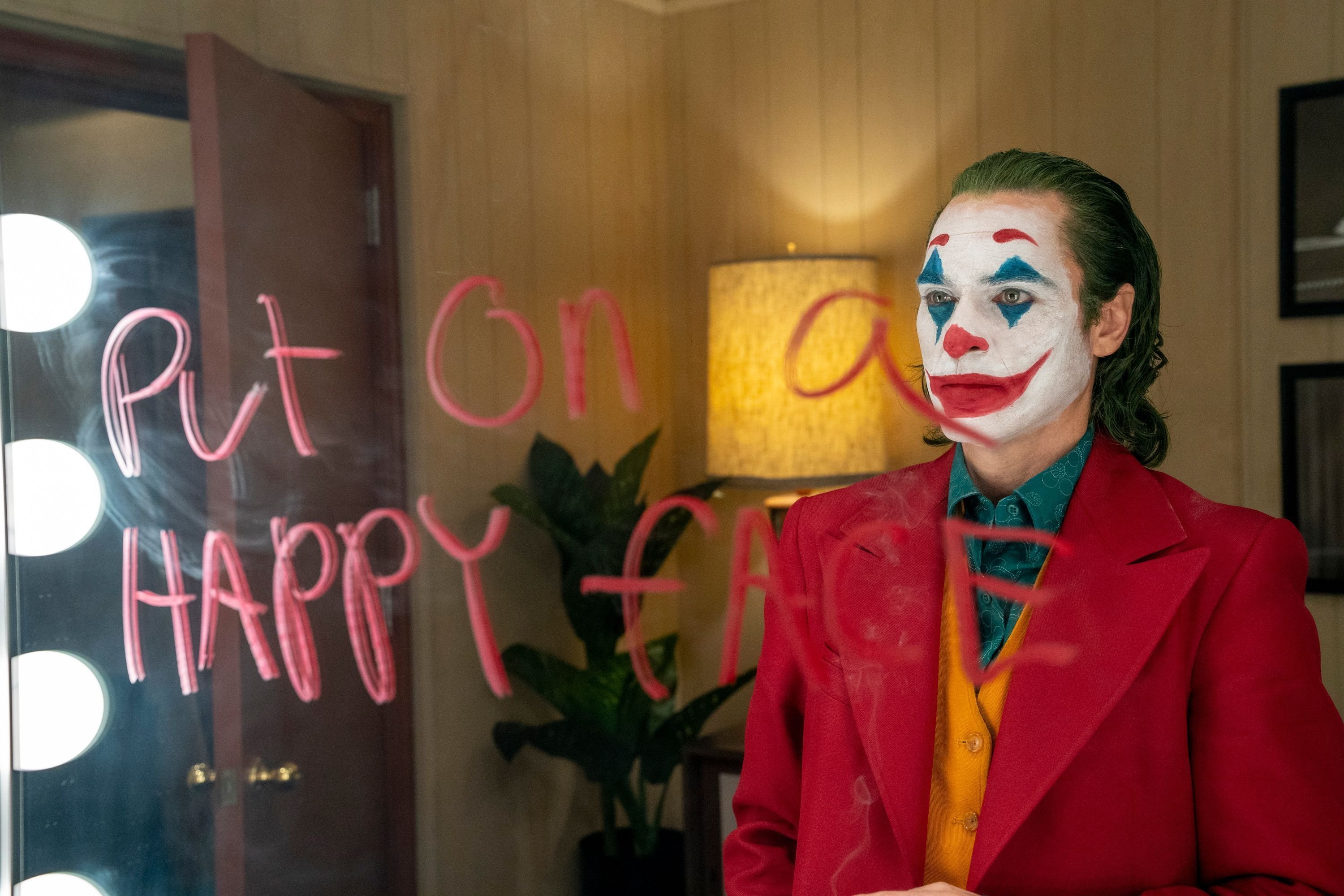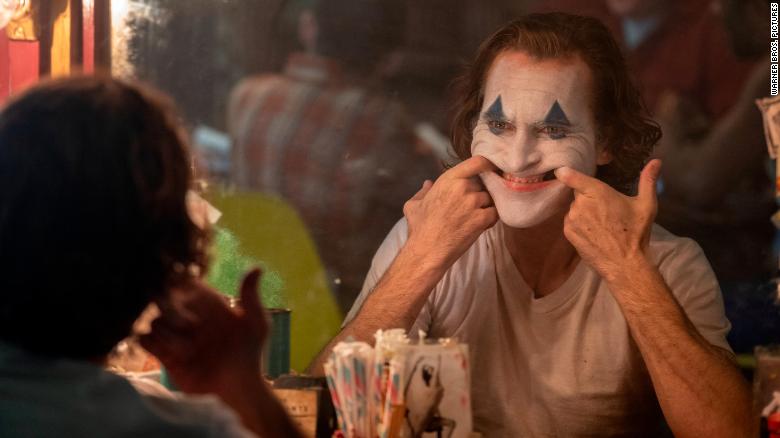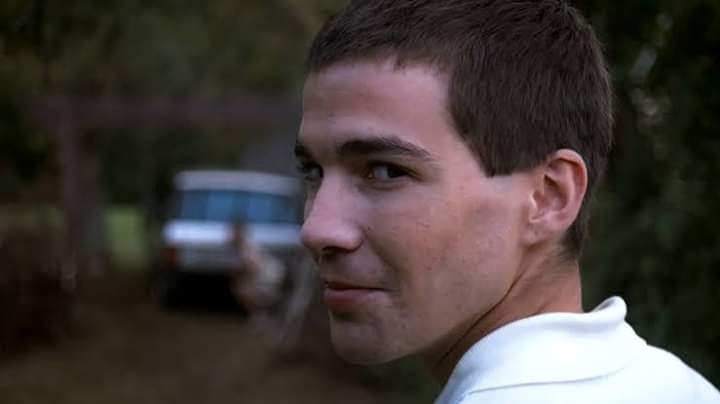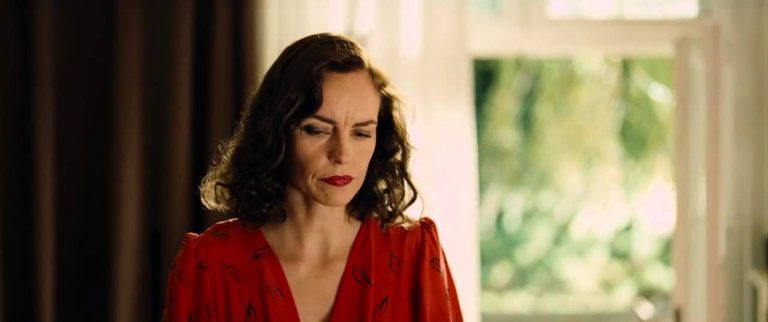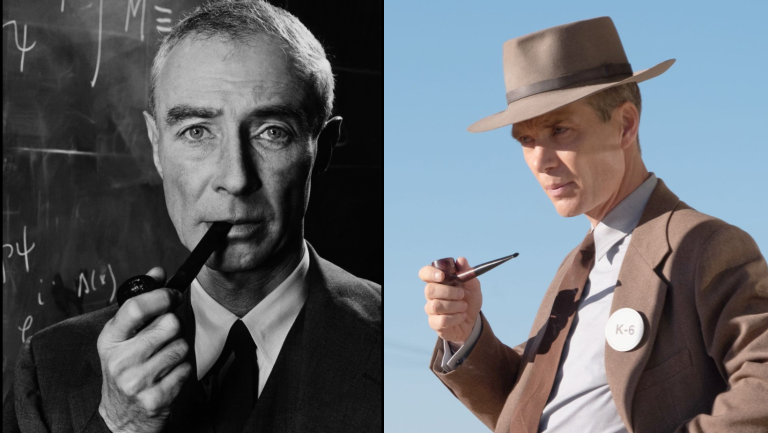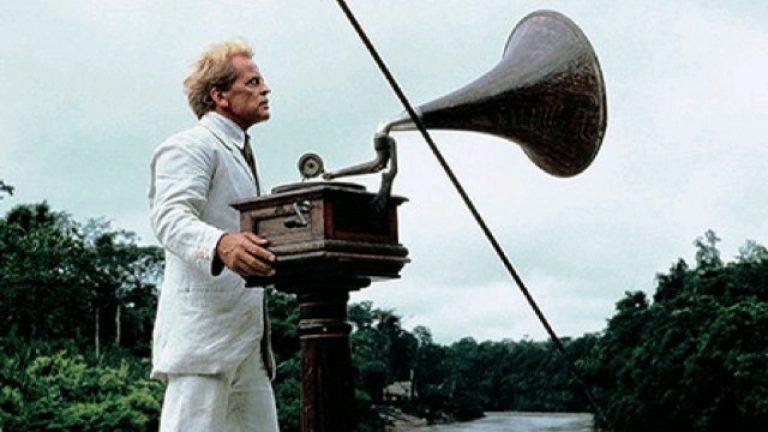WARNING: BIG, HUGE, GIGANTIC SPOILERS ABOUT THE WORST REVIEWS ON JOKER
Joker, for good, bad, and worse, has been the most discussed film of the year. So in this particular era of film criticism and journalism, it wasn’t hugely surprising to see some reviews and opinion pieces that were hot flaming piles of wet garbage. So in the spirit of this article shitting on the nonsense responses towards Phantom Thread, I took a look at the absolutely stinkiest, worst reviews on Joker, so you don’t have to.
There’s a number of different SEO-savvy words to use in association with writing about this film, though none more potent than ‘incel’, especially given the news reports that the United States Army claimed they had threats of potential violence at the film’s screening that they linked to the incel community, even though the FBI and Homeland Security claimed none of those threats were credible (which lead to a week or two of fake news and police acting as ushers for many screenings of the film in the US).
Similar to the Worst Reviews on Joker –
And so incels were on the minds of many a self-proclaimed “critics” such as Vulture’s David Edelstein (“it’s an anthem for incels”), IndieWire’s David Ehrlich (“It’s also a toxic rallying cry for self-pitying incels”), and Time’s Stephanie Zacharek (“he could easily be adopted as the patron saint of incels”). If you’ve seen the film or were actually paying attention when watching it, the Joker character never complains about ‘tfw no gf’. He doesn’t at the film’s end give a rallying cry about ‘incels rise up, we deserve pussy’. And even if he did, he’s the villain of the film, and one of the most recognized fictional villains of our time, but each of these authors assume that incels will look up to him, and they claim so through very vague reasonings.
But the most flaming hot trash take was from The Telegraph’s Sam Parker, who shat out all sorts of wild claims about incels with no citation. He even refers to Fight Club and Taxi Driver as ‘cries to help’ from incels. [citation needed] Parker even completely contradicts his entire thesis by claiming “Joker’s rage is not explicitly linked to his celibacy, side-stepping a key element of incel rage”. Celibacy is pretty much the ONLY key element of incel rage, but Parker has zero understanding of this community he hasn’t researched at all and is bullshitting about. He even tries tenuously linking freedom of speech and the 1 percent to incels and Joker as well, as if they also cause solely linked to incel culture– he must’ve pulled a muscle making a stretch like that.
He relates incels to the Joker because “He is a thwarted male loner who takes his rage out on the world in the form of extreme violence, and longs to create chaos in society.” As with many journalists, Parker use incels as the millennial generation’s bogey-men, who are constantly being related to the extremes of their group (#NotAllIncels). He generalises the incel group by its violent actions, which is something you could do for any other group of people that have committed mass shootings or attacks — the mentally ill, gang members, Muslims, right-wing terrorists, white supremacists, or left-wing protesters, yet decent people (ie not these journalists) don’t associate them with the violent and deadly acts that the vast, vast minority of these groups have committed. But for now, incels are an exception – I guess journalists are frightened about folks who can’t get laid.
Jeff Yang of CNN claims the issues raised in Joker are broader than him merely being a sexless loner – oh, looks like he understands the film – they’re about white-male resentment that helped bring Trump to power — okay, I take that back, this guy doesn’t understand dick. And Joker ends up ranting about how he hates rich people like Thomas Wayne, so I guess that would also mean Trump, so how would the film be about Trump supporters – but of course, as with any controversial topic, Trump had to be tenuously brought up at some point.
Similar to the Worst Reviews on Joker – Metacritic needs to replace Rotten Tomatoes
Then he claims Joker’s rage is linked to feminists and immigrants, “a man who has been crushed underfoot by the elite, dragged down by equality-demanding feminists and climbed over by upstart nonwhite and immigrant masses.” I don’t recall any point in the film that even implicitly suggests Joker hates feminists and immigrants (and I’ve seen the movie three times). Yang says at the end of his article to “imagine Fleck as Trump” at the end of the film while he dances for his followers. Given Fleck’s poverty, nihilism, and anti-elite rhetoric, he seems like a far-cry away from being a Trump figure (unlike the demeaning billionaire and politically-minded Thomas Wayne).
Sam Adams of Slate questions the validity of Joker by asking “Is this really the time for a story about a frustrated, alienated white man who turns to violence?” Yes. I’d argue that there’s always time for any kind of film, especially ones that take an uncompromising look at the darkest areas of our society, perhaps the ones that need the most amount of light. Adams follows one bad point after another, further saying “especially one centered around a character who was once dubiously blamed for a real-life mass murder” – Adams is referring to the rumor of mass shooter James Holmes telling police he was the Joker, which was a rumor, and even though Adams acknowledges it as being dubious, he still sees it reasonable to make the comparison to an unverified rumor anyway.
Adams also ticks the ‘alt-right’ checkmark, making this strange claim:
“You can watch Joker and practically see some of its images – like the sight of Arthur, in full Joker regalia, descending a staircase and high-kicking like a demented Fred Staire – being transformed into alt-right memes, and though it’s not as if the alt-right lacked for raw material beforehand, it’s hard not to feel as if the least a major movie studio, a gifted actor, and an intelligent director could do is make it a little harder for them.”
Adams makes no mention of what exact kind of memes would be made from this image (though I guess a meme like this hardly classifies as being alt-right or even political), but it again demonstrates some quality uncorroborated and unresearched rantings from “journalists”.
Then there’s Richard Brody’s review in The New Yorker, where he claims the first attack on the Joker is referencing the Central Five killings, and the second attack on him on the subway references the Bernard Goetz subway killings, but Brody says director Todd Phillips whitewashes this attack because the victims are white. Well, maybe that’s because that’s not what they’re going for, the killings on the subway end up being about class, not race. Why not calibrate your review with what the film is actually about and not what you tenuously think it’s about? But Brody claims “Joker is an intensely racialized movie, a drama awash in racial iconography.” That’s the first takeaway he has from the film. Not class struggle, not mental care fundings dropped, not loneliness, not fatherlessness, it’s all about who’s white and who’s black in Arthur’s life.
Lawrence Ware of The New York Times also saw race being the main message of the film, claiming that if the Joker were black, he wouldn’t have gone viral as a vigilante, which makes no sense, since he inspires rioters all over Gotham after the subway killings, despite them not knowing what race he is. Lawrence also claims that Arthur has white privilege, as in he demands things for his whiteness, citing only two examples from the film yet failing to adequately explain how these are related to Arthur being white.
Related to the Bad Reviews On Joker – Film Critic Armond White is Not a Troll
But the worst take from Lawrence, though he just had to mention this, is that Joker is “essentially a depiction of what happens when white supremacy is left unchecked.” and there we go, the ‘white supremacy’ checkmark got ticked off. Nothing in this film seems to imply anything about Joker’s whiteness, nor how he feels his race is superior to others … I guess this journalist actually watched American History X by mistake.
This author also comments on why it is the Joker kills white men and why he kills black women – this is ASSUMING he kills his black neighbor and child. This leaves us with only one black person that Joker kills, and having it occur off-screen is likely a creative choice, rather than one brimming with racialized intention. Beandrea July made a similar complaint in this Time article, also ranting about the creative decisions of this story and how they inform I guess some kind of racism. Her concluding paragraph once again suggests what all these journalists have missed: the Joker is a villain.
Instead of talking about what the film is clearly about, such as societal austerity and anomie, they instead used rageful clickbait to belittle the kind of people who are already down-trodden or to tenuously relate Joker to a controversial group that the film is clearly not about. The Joker rants at the end of the film that he’s invisible to the elites in society, and he continues to be invisible to journalists like these.
But all the efforts to demonize this film have completely failed. Joker has been a rousing success. No-one got shot or hurt during any of its screenings, it’s going to gross over a billion dollars, making it the first R-rated movie to do so, and it’s currently the 16th highest rated films on IMDb. It’s been given massive praise by all sorts of people, mainly those who don’t think it’s about incels, the alt-right, white supremacists, Trump supporters, or any other controversial group of people that these journalists can’t shut the fuck up about. If Joker has revealed who the real clowns are, it’s these fear-mongering, wildly opinionated, unresearching, and completely out-of-touch journalists.

